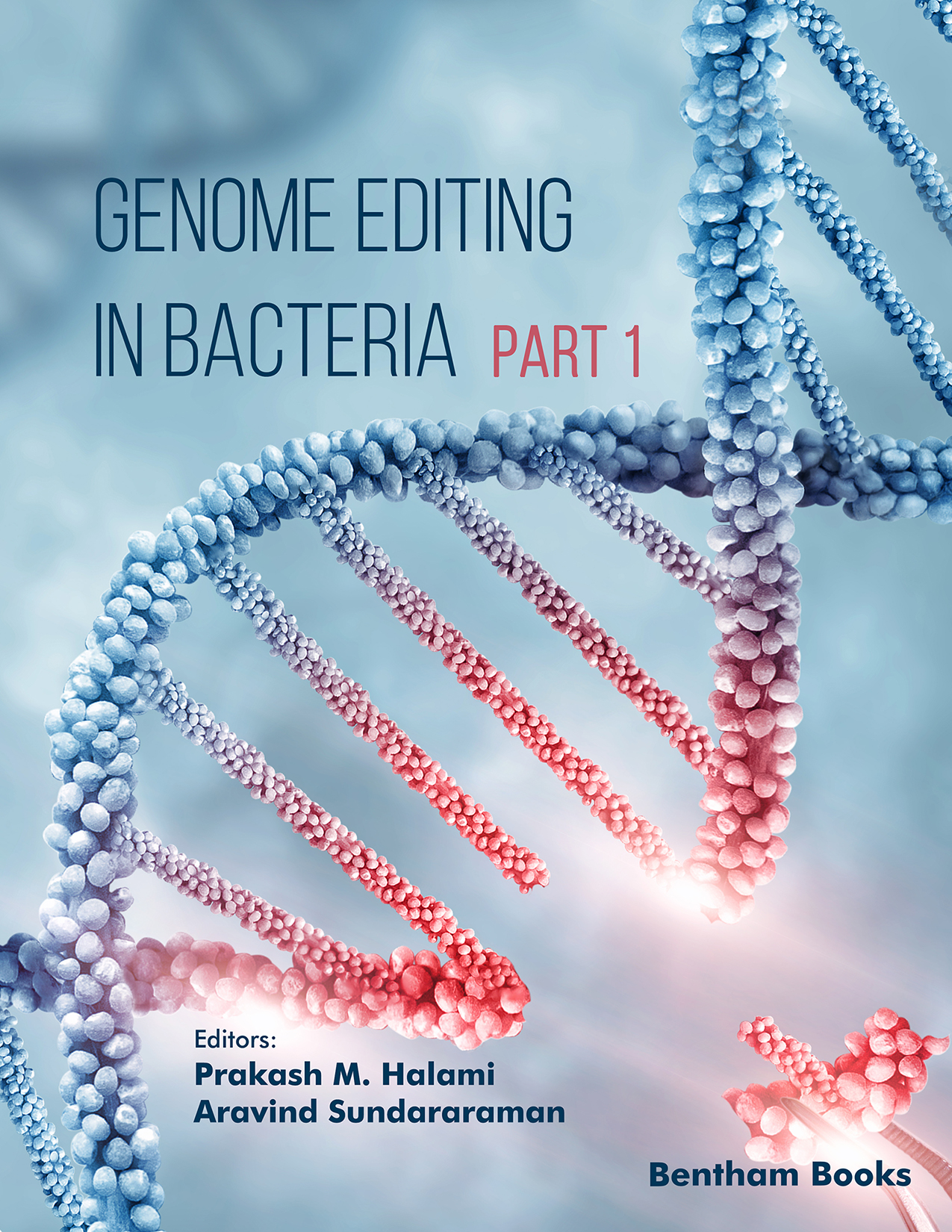Introduction
This reference is a comprehensive review of genome editing in bacteria. The multi-part book meticulously consolidates research findings and insights on the applications of bacteria across several industries, including food processing and pharmaceutical development. The book covers four overarching themes for readers: a historical perspective of genome editing, genome editing in probiotics, applications of genome editing in agricultural microbiology and genetic engineering in environmental microbiology. The editors have also compiled chapters that provide an in-depth analysis of gene regulation and metabolic engineering through genome editing tools for specific bacteria.
Key topics in part 1:
- - An Overview of advances in CRISPR-CAS research.
- - Applications of CRISPR/CAS9-based genome editing for industrial microorganisms.
- - Gut microbiome modulation to address gut dysbiosis.
- - Bifidobacterium genome editing for probiotic development and metabolic engineering.
- - Insights into the use of lactic acid bacteria as starter cultures in the food.
- - Genome editing of vegetable-derived L. Plantarum.
- - Genome editing in Bacillus Licheniformis.
Genome Editing in Bacteria
is a definitive reference for scholars, researchers and industry professionals navigating the forefront of bacterial genomics.
Readership:
Scholars and professionals interested in bacterial genomics.

